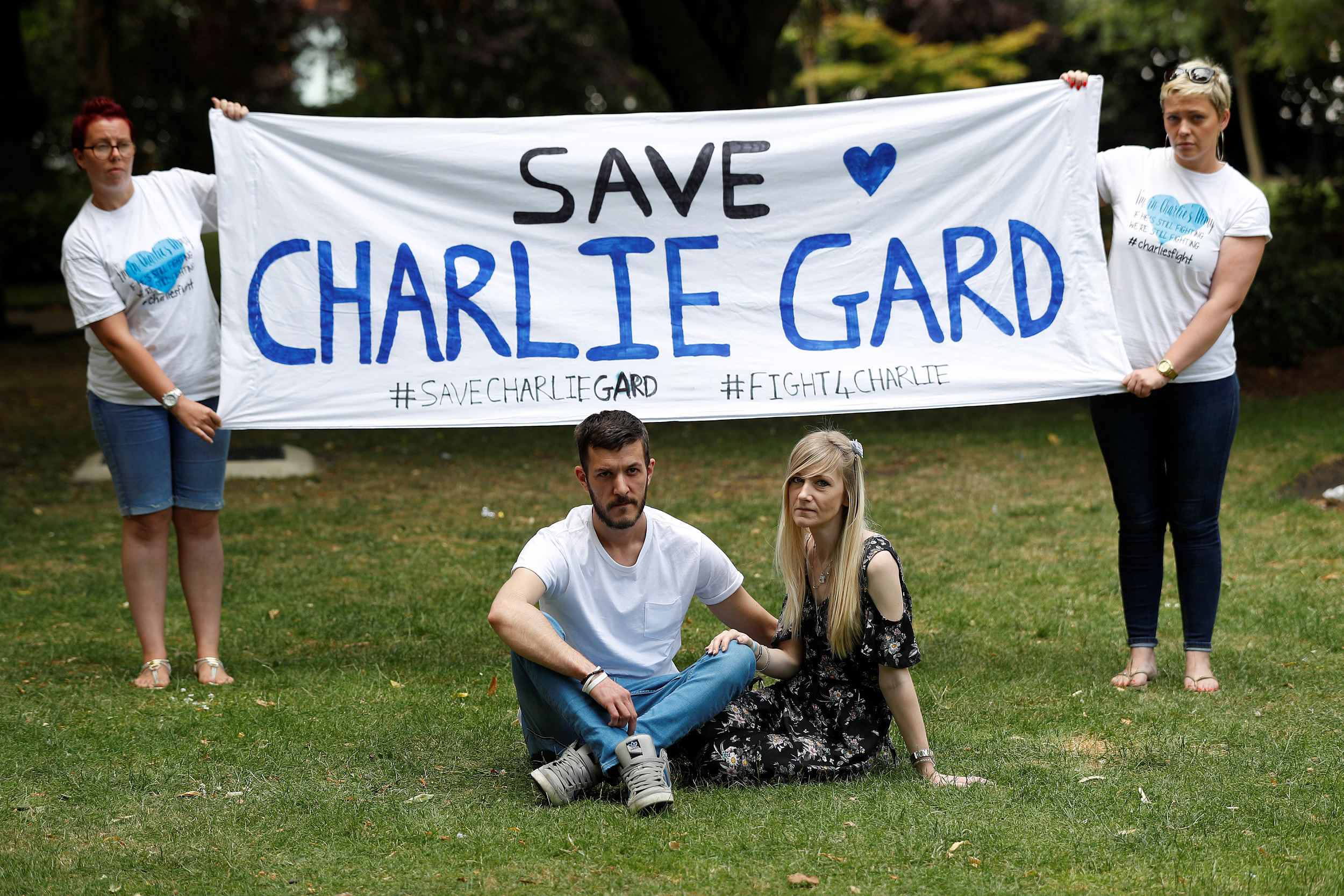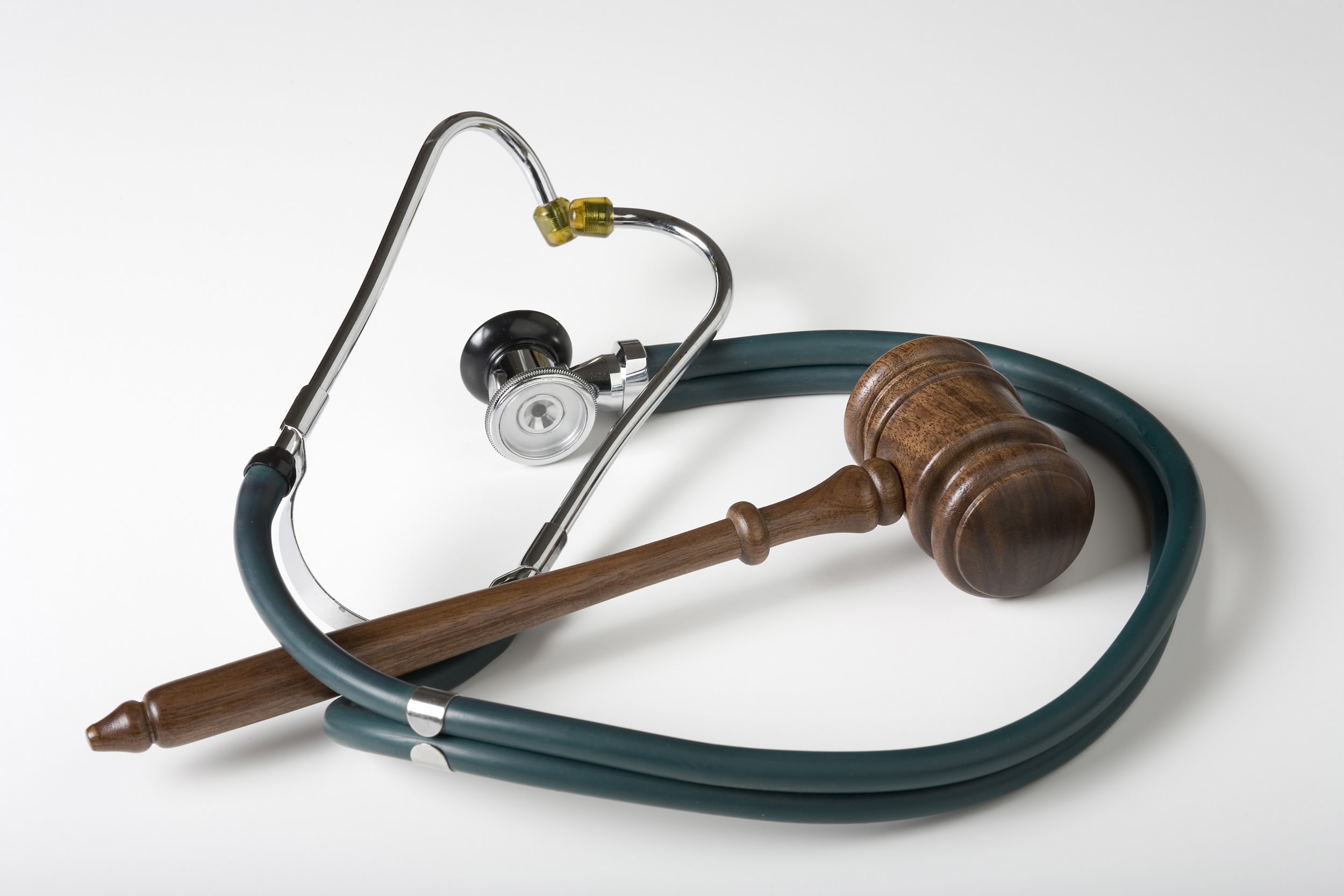Should parents' hopes trump a child's pain and suffering? A British court has 48 hours to decide whether to try and save the life of a baby or end its "needless" suffering.
The case of terminally ill Charlie Gard continues to put the world in an emotional predicament as his parents have been given 48 hours by a judge on Monday to present new evidence that he could benefit from an experimental treatment in the US or the 11-month British infant will face the removal of life-support devices.
The baby boy has been diagnosed with a genetic malfunction that impinges on muscle growth and damages the brain. Charlie’s doctors at the Great Ormond Street Hospital in London said the infant cannot hear, move, cry or swallow and brain damage is irreversible, advising to abort the treatment to prevent prolonged suffering.
Judge Nicholas Francis at London's High Court, who previously ruled for the removal of life support in April, said the case will be heard in full on Thursday, adding that he might not reach to an immediate decision at the hearing but would change his mind if evidence emerges “of something that’s different".
The doctors' application to go against the parents' wishes and remove all life support devices was backed by a court ruling on April 11. The initial ruling was later supported by the UK’s Supreme Court on June 8 after Charlie’s parents Connie Yates and Chris Gard appealed.
A lawyer for the Gard family said new and unpublished data lately passed to the hospital suggested a "dramatic clinical improvement" in Charlie's condition. But the hospital’s lawyer claimed the judge had taken the “new research” into account in April and the method was “lab-based”.

The parents of critically ill baby Charlie Gard, Connie Yates and Chris Gard, pose for photographers as supporters hold a banner, before delivering a petition to Great Ormond Street Hospital, in central London, Britain, July 9, 2017. CFP Photo
To support their case for taking the sick infant to the US, the Gards delivered a petition to the court with more 350,000 signatures on July 9.
"We have seven doctors supporting us from all around the world,” Ms Yates said. “"There is up to 10 percent chance that this treatment may work and that's a chance worth taking."
"He's our son, he's our flesh and blood. We feel that it should be our right as parents to decide to give him a chance at life."
The legal case has also attracted attention from Donald Trump, the US president, who supported the transporting of the sick baby.
The judge said "there is not a person alive who would not want to save Charlie."
Would you agree with the ruling?

CFP Photo
In his ruling delivered on April 11, Judge Francis said the court must act on the child’s best interests that “it is lawful and in Charlie’s best interests for artificial ventilation to be withdrawn and for his treating clinicians to provide him with palliative care only.”
“Some people may ask why the court has any function in this process, why can the parents not just make the decision for themselves? The answer is that, although the parents have parental responsibility, overriding control is by law vested in the court exercising its independent and objective judgment in the child’s best interests,” the ruling said.
To counter argue the suggestion that the general public and science may benefit from sustaining Charlie’s life, the judge said that “I dare say that medical science may benefit objectively from the experiment, but experimentation cannot be in Charlie’s best interests unless there is a prospect of benefit for him.”
To elaborate on the “best interest”, the ruling added in reference to a legal precedent that “there is a strong presumption in favor of a course of action which will prolong life, but that presumption is not irrebutable. The term ‘best interests’ encompasses medical, emotional, and all other welfare issues."









